Professional Learning
Director
Department Staff
Shared Values and Beliefs
Northwest Georgia RESA’s Shared Values and Beliefs are aligned with the Learning Forward organization (formerly the National Staff Development Council). The overarching belief is that increasing the effectiveness of professional learning creates the leverage point with the greatest potential for strengthening and refining the day-to-day performance of educators.
Vision
The vision for the NWGa RESA is to have every educator who experiences professional learning through our organization gain the knowledge, understandings, and skills to enable him/her to make appropriate and informed decisions and implement essential practices that create the greatest opportunity for all students to learn at high levels of competency. This vision forms the foundation of all NWGa RESA programs.
Mission
The mission of the NWGa RESA is to provide research-based, high quality, systemic, results-driven, job embedded, and standards-based professional learning opportunities for P-12 educators, in order to support the highest level of student learning for every P-12 child.
Shared Beliefs
Learning Communities: We believe that the most impactful professional learning occurs within professional learning communities that are committed to continuous improvement, collective responsibility, and goal alignment.
Leadership: We believe professional learning that increases educator effectiveness and student achievement requires a skillful leader who develops structures and supports to ensure quality implementation.
Resources: We believe professional learning that increases educator effectiveness and student learning requires prioritizing, monitoring, and coordinating of resources.
Data: We believe professional learning that increases educator effectiveness and student achievement uses multiple sources of data to plan, assess, and evaluate professional learning.
Learning Designs: We believe professional learning that increases educator effectiveness and student achievement integrates theory and research, research-based practices, and models of effective practice to achieve its intended outcomes.
Implementation: We believe professional learning that increases educator effectiveness and student achievement has support for both the implementation of the professional learning and for long term sustainability in the learning environment.
Outcomes: We believe professional learning is to be directly tied with student achievement, as a result of increased educator effectiveness.
Professional Learning Commitments
NWGa RESA is committed to providing quality professional learning that is research-based and cost-effective to support the continuous improvement of leaders, teachers and support staff in order for students to have the best opportunity to learn at high levels. The courses are research-based and designed to meet national, state, and other select standards.
Commitment to Diversity
NWGa RESA is committed to creating and sustaining programs that promote academic excellence and high expectations for all learners/participants. Such programs must be pedagogically sound and build on the lives of learners/participants These programs must also reflect equitably the cultural and ethnic diversity that characterize this nation.
The student population in Georgia is increasingly more culturally and ethnically diverse. Programs created to meet these changing needs must equip educators with the knowledge and skills to become effective practitioners. Ongoing professional learning activities by leading authorities provide the staff, community and program participants with continued support to meet NWGa RESA’s commitment to diversity.
Commitment to Technology
Technology shapes how people live and work as well as how America’s children are educated. A report from the National Association of State Boards of Education (2001) identifies the link between professional development and achieving equity in educational opportunities for K-12 students, arguing that only with adequate professional development will all teachers be able to put technology to use in ways that will truly enhance student learning.
Each candidate’s coursework will include evidence of:
The use of content related software that supports and extends student learning and is aligned to state approved curriculum, as appropriate;
The use of technology as an integral part of the instructional process and is used frequently enough to make an impact on teaching and learning;
The use of technology that is embedded in the instructional strategies and matched to the desired teaching goal;
The use of technology that is appropriate for the type of cognitive skills that students are expected to acquire;
The use of technology as a research tool for supporting learning;
The use of technology tools for enhancing reports, projects, and presentations;
Appropriate word processing skills;
Appropriate spreadsheet skills and classroom applications of spreadsheets;
Appropriate database skills;
The use of e-mail as a communication tool with teachers and school stakeholders;
The use of online learning platforms;
The use of audio and video-conferencing applications as a means to enhance personal learning; and
An understanding of the legal and ethical issues related to information technology.
Supporting Organizations for Professional Learning
Achieve
American Association of Colleges for Teacher Education (AACTE)
American Association of School Administrators (AASA)
Association of Career and Technical Educators (ACTE)
Council for Exceptional Children (CEC)
Council of Chief State School Officers
International Literacy Association/International Reading Association (ILA/IRA)
International Society for Technology in Education (ISTE)
Interstate School Leaders Licensure Consortium (ISLLC)
Interstate Teacher Assessment and Support Consortium (InTASC)
Learning Forward
National Association of Elementary School Principals (NAESP)
National Association for Gifted Children (NAGC)
National Association of Secondary School Principals (NASSP)
National Association of State Directors of Special Education (NASDSE)
National Commission on Teaching and America’s Future (NCTAF)
National Council for the Social Studies (NCSS)
National Council of Teachers of Mathematics (NCTM)
National Science Teachers Association (NSTA)
National Education Association (NEA)
National School Boards Association (NSBA)
Teachers College at Columbia University
TeachingWorks at University of Michigan
Supporting Standards for Educator Professional Learning
GaPSC Educator Preparation Standards



